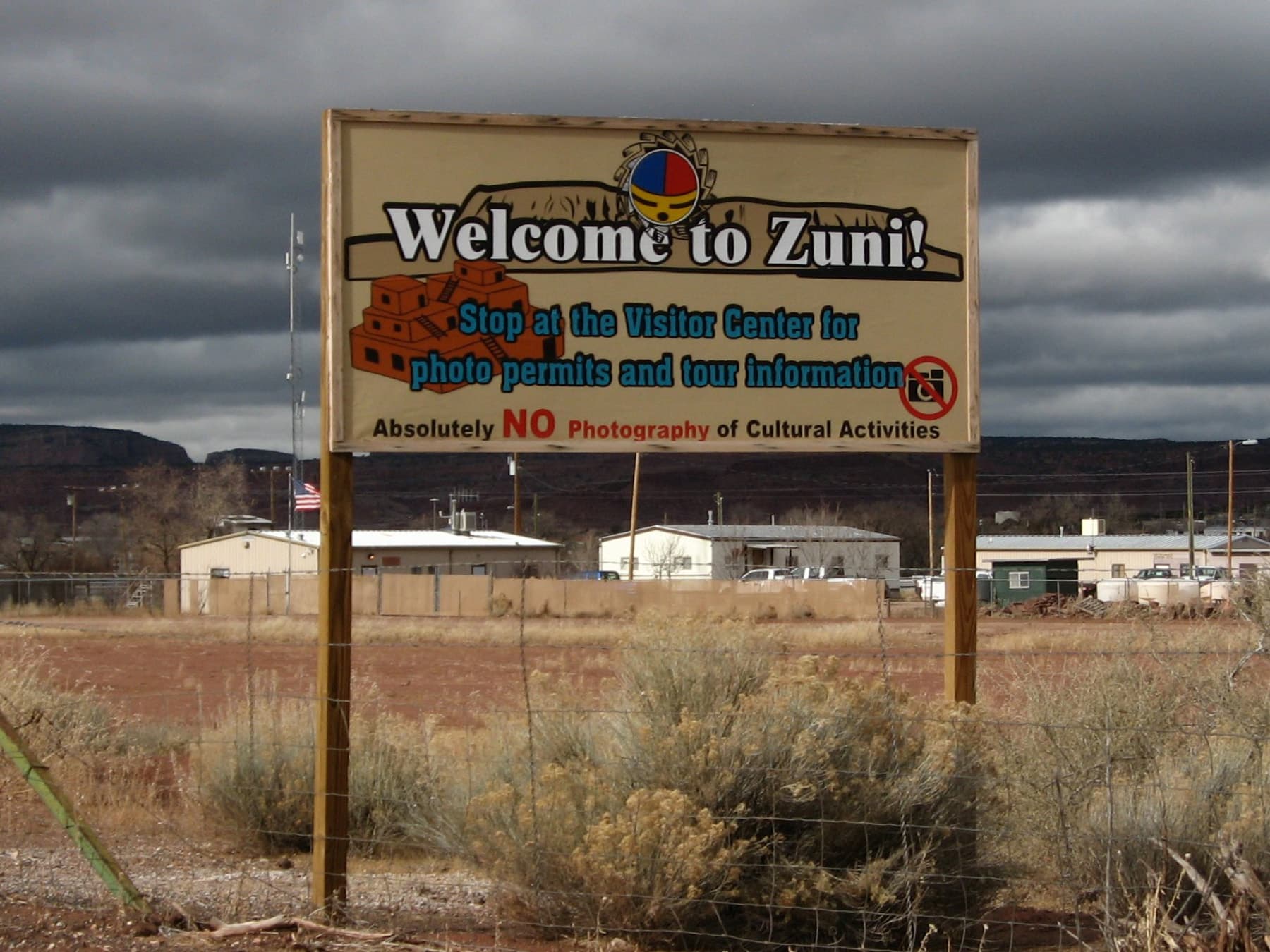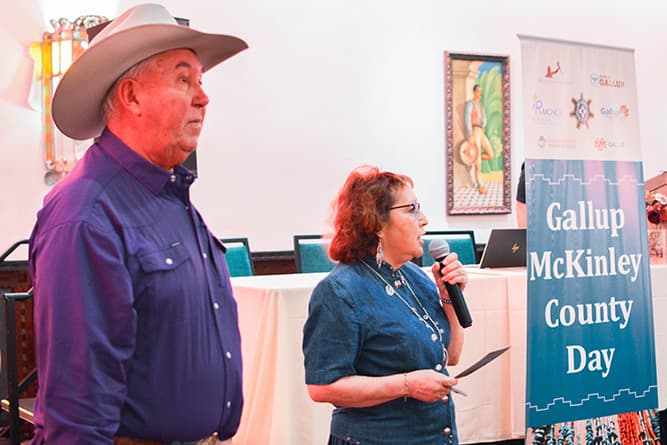Zuni Pueblo Updates Visitor Guidance, Emphasizes Respect and Local Support
Zuni Pueblo near McKinley County has reinforced visitor guidance for accessing museums, markets, and sacred places, asking guests to check in at official centers, confirm hours, and respect restricted areas. The guidance matters to local residents because it protects sacred spaces, affects tourism flows and local artist income, and reduces the risk of clashes between visitors and the living community.

Zuni Pueblo authorities and local tourism organizations are emphasizing a set of visitor protocols designed to protect cultural sites and clarify access for travelers who come to McKinley County. The advisory urges visitors to check in at official visitor centers, confirm hours and whether a photo permit is required, and to avoid entering restricted or ceremonial areas because the Pueblo is a living community with privately held and sacred spaces.
At the center of the guidance are recommended stops such as the A:shiwi A:wan Museum & Heritage Center and the Pueblo arts and crafts centers where Zuni artists sell jewelry, fetishes and inlay work. Tribal cultural and heritage pages along with local tourism summaries stress that buying directly from artists is encouraged, both as a way to ensure authentic purchases and to channel tourist dollars to local makers. Visitors are also advised to ask permission before photographing people or homes and to follow posted rules on photography and conduct.
The bulletin underscores a practical reality for McKinley County residents who work in hospitality, retail and cultural services. Periodic closures for specific ceremonial days mean access to some Pueblo sites can change with little advance notice. That variability can alter visitor flows, create scheduling friction for tour operators and affect daily sales at local markets. For community members who depend on cultural tourism revenue, predictable and respectful visitor behavior is a key factor in sustaining livelihoods and preserving cultural assets.
Beyond immediate economic effects, the guidance has broader implications for community relations and long term cultural preservation. Respectful visitation reduces the risk of inadvertent trespass into sacred or privately held areas, which can otherwise generate conflicts that deter future visitors and impose reputational costs on local tourism businesses. Encouraging direct purchases from artists helps retain a larger share of visitor spending in the local economy, supporting artisans who maintain traditional crafts that form part of the region's cultural capital.
For residents and visitors planning trips, the advisory recommends verifying access and hours in advance with official Zuni visitor resources or tribal cultural centers. Confirming whether a photo permit is required and recognizing ceremonial closures will help avoid misunderstandings on arrival. Following these protocols supports both the Pueblo’s cultural integrity and McKinley County’s tourism sector by aligning visitor behavior with community expectations.


